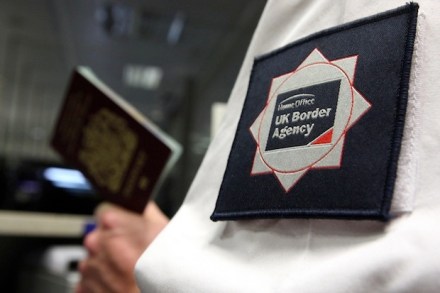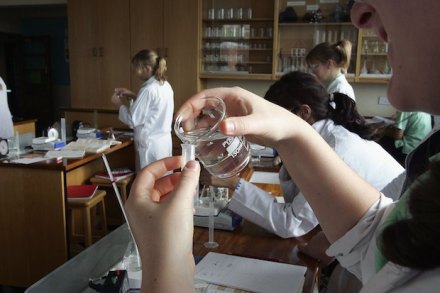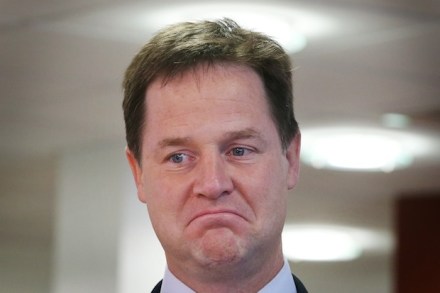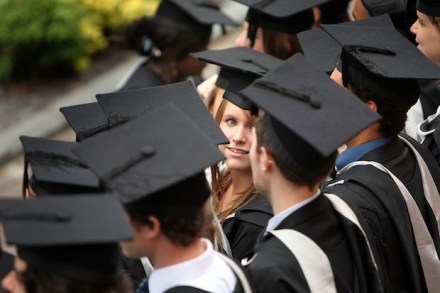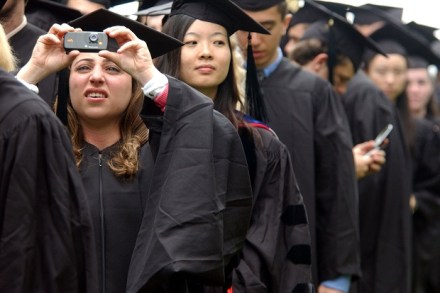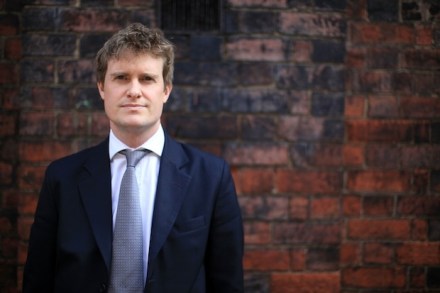We need better migration data for an effective immigration policy
Britain has a long and proud history of opening its doors to the vulnerable and oppressed; of welcoming workers, students and tourists from across the world. I believe that Britain is a tolerant and welcoming country. But, right now, we have a big problem with immigration data. UK migration statistics are worryingly inadequate. Between 2001 and 2011, ‘official’ records were off by 350,000. Without sound evidence it is difficult – if not impossible – to build a full picture of the scale and nature of inward migration to the UK. Policy suffers as a result. How can we plan for the future of schools and hospitals if we don’t know
